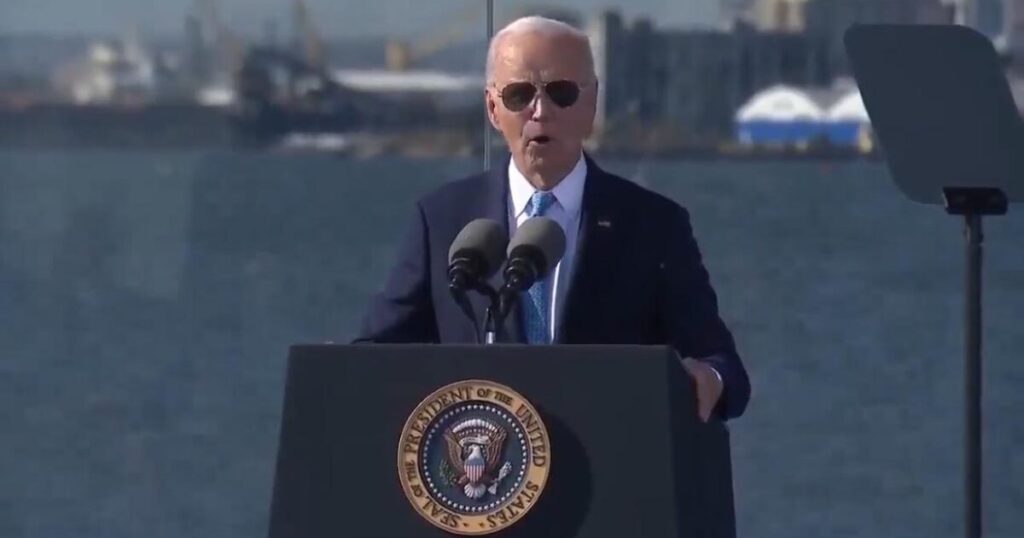On a recent visit to the Port of Baltimore, President Joe Biden announced a significant $3 billion investment aimed at bolstering U.S. port infrastructure, a commitment framed within the context of his agenda to address environmental and economic challenges. This funding, sourced from the Inflation Reduction Act, is intended to enhance the capacity and sustainability of ports across the nation, a vital move given the critical role that these ports play in the American supply chain. The initiative is expected to create around 40,000 jobs and substantially reduce pollution as part of broader efforts to combat the climate crisis. Maryland alone would receive $147 million to improve facilities and operations, which is anticipated to generate over 2,000 union jobs through investments in zero-emission equipment and charging infrastructure.
Biden’s announcement signifies a pivotal moment for U.S. infrastructure, particularly at a time when global supply chains are under immense pressure from various disruptions. By investing in port modernization, the Biden administration aims to not only stimulate job creation but also improve the efficiency and environmental performance of these critical gateways. These funds will support extensive upgrades, ranging from technology enhancements to physical improvements that will enable ports to operate with cleaner, more energy-efficient equipment. Such investments are not merely economic but also serve to support public health, reduce greenhouse gas emissions, and address long-standing concerns about pollution in port regions.
Throughout his remarks, Biden reaffirmed the importance of ports to the nation’s economy, noting that they employ over 100,000 union workers across the U.S. He emphasized that the funding is part of a comprehensive plan to uplift communities and workers and highlighted how the Investing in America agenda is making historical impacts across the country. This announcement comes amid broader public discussions about job creation and economic recovery, especially in a post-pandemic landscape, where infrastructure investments are seen as vital to revitalizing the economy while promoting clean energy solutions.
In an unexpected turn during his speech, Biden addressed a recent controversy involving comedian Tony Hinchcliffe, who made disparaging comments about Puerto Rico during a performance. Biden’s reaction included a confrontational remark suggesting he would like to “take that guy for a swim out there.” While intended in jest, the comment elicited mixed reactions and highlighted the sensitivity surrounding issues of representation and respect in the context of American territories like Puerto Rico. This episode illustrates the intertwining relationship between public figures and media, as well as the potential for humor to provoke serious discussions around cultural and social issues.
The implications of Biden’s comments extend beyond mere political banter; they draw attention to the socio-economic struggles faced by Puerto Rico and other territories. The president’s remarks were delivered in the context of new funding aimed at supporting Puerto Rico’s recovery from natural disasters and economic challenges. Biden framed the investment as a means to not only modernize ports but to also signal a commitment to the ongoing recovery of Puerto Rico and its people. It is a reminder of the importance of addressing the disparities faced by U.S. territories in federal investment and infrastructure support.
Overall, Biden’s $3 billion port investment plan represents an ambitious step towards modernizing crucial infrastructure while enhancing job opportunities and environmental standards. This initiative aligns with the broader goals of the Biden administration to tackle issues of pollution, invest in sustainable practices, and foster community development across the nation. By addressing both economic growth and ecological responsibility, the administration seeks to create a comprehensive framework that not only responds to current challenges but also lays the groundwork for a resilient and equitable future.

